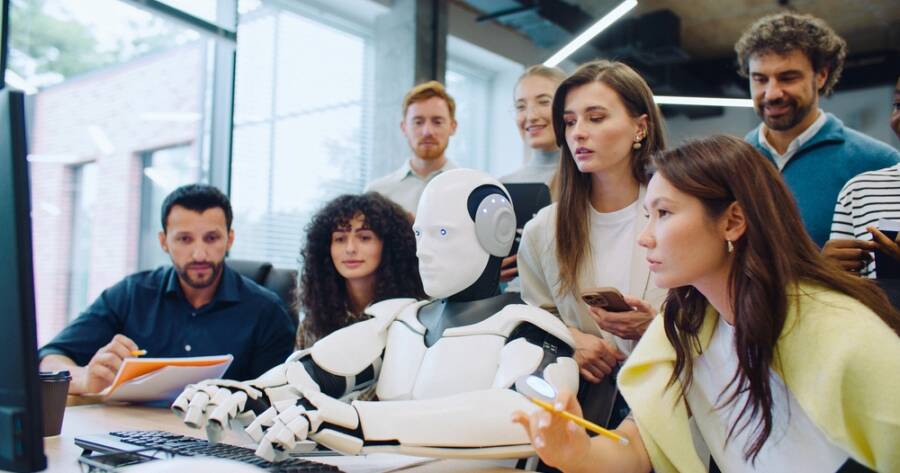As technology rapidly advances, AI and automation are increasingly pervading various sectors, from manufacturing to healthcare. These transformative technologies have the potential to redefine the workforce of the future, reshaping job roles and industry dynamics. This ongoing shift suggests a paradigm where human labor may evolve alongside intelligent systems, potentially leading to more efficient processes and new opportunities for innovation.
The Evolution of AI and Automation
AI and automation are not new concepts, but their capabilities have expanded dramatically in recent years. AI encompasses machine learning, natural language processing, and neural networks, among other technologies, enabling machines to emulate human cognitive functions. Automation involves using technology to perform tasks with minimal human intervention.
The advancements in AI and automation allow robots and algorithms to perform complex tasks previously thought to be exclusive to humans. With AI’s ability to analyze vast datasets and make informed decisions, businesses are witnessing improved accuracy and efficiency in operations. Automation, combined with AI, streamlines processes, reducing time and cost, and potentially increasing productivity across various industries.
Impact on the Workforce
The integration of AI and automation could have significant implications for the workforce. There is a debate around whether these technologies will lead to job displacement or creation. While some roles might become redundant, there is also the potential for new positions to emerge, requiring different skills.
Workers in repetitive or manual job roles might find their positions automated, but this shift could also lead to the creation of new roles centered around the oversight and management of automated systems. Furthermore, as AI and automation handle more routine tasks, workers may find increased opportunities to engage in more creative or strategic roles.
Skills of the Future
As the landscape of employment changes, so do the skills required to thrive in an AI and automated world. There’s a growing emphasis on digital literacy, critical thinking, and emotional intelligence. Skill sets focused on problem-solving, creativity, and interpersonal communication might become invaluable, particularly in roles that AI cannot easily replicate.
Education systems and professional training programs may shift towards fostering skills that complement AI technologies. For workers, lifelong learning could become crucial, allowing them to adapt to new tools and methodologies. Companies investing in employee reskilling initiatives might find themselves better equipped to navigate the changes brought about by AI and automation.
Potential Challenges and Considerations
The transition towards an AI and automated workforce is not without challenges. There might be ethical considerations regarding data privacy, job security, and income distribution. Equitable access to technology and the reallocation of displaced workers could be areas requiring attention.
Moreover, the rapid implementation of these technologies may lead to socio-economic disparities, with certain communities potentially being excluded from the benefits of technological advancements. Policymakers and organizations might need to develop strategies that ensure inclusive growth and fair distribution of the gains achieved through AI and automation.
Industry-Specific Transformations
Different industries are poised to experience varying impacts from AI and automation. In healthcare, AI has the potential to enhance diagnostic accuracy and streamline administrative processes, yet it will always require human oversight. In manufacturing, automation can increase output and precision but may also necessitate a shift to more tech-focused roles.
In the service sector, AI could improve customer service experiences, though there may be a continued need for human empathy and connection. Adapting to these changes might involve industry-wide reevaluations of processes, responsibilities, and expectations from workers and consumers alike.
Learn More Today!
AI and automation present both challenges and opportunities for the workforce of the future. As these technologies continue to evolve, the potential transformation of industries and job roles could lead to innovative ways of working and improved efficiencies.
The journey towards this future requires careful consideration of ethical, social, and economic factors, ensuring that the benefits are widely distributed and accessible. By embracing change and fostering adaptability, societies can potentially harness the power of AI and automation to create a more balanced and prosperous future for workers and businesses.

